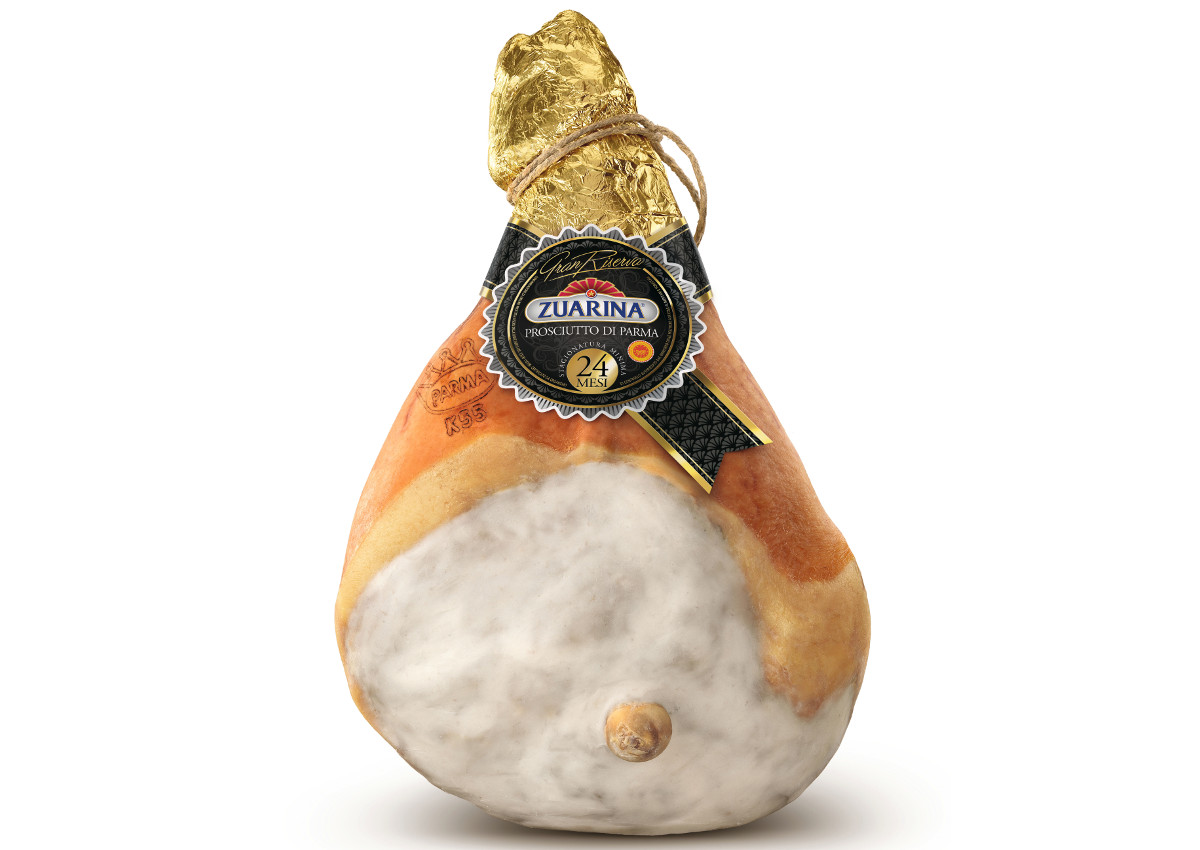
After brushing the mountains of Cisa and carrying the scent of the pine forests, the sea breeze from Versilia gives way to the taste of the sea air that crosses the Tuscan-Emilian Apennines, taking on the smell of chestnut groves of the province of Parma. The plant of Zuarina has welcomed the dry breeze from Tirreno that confers the sweetness and a unique taste to its prosciutto for over 150 years. This plant is one of the most historical ones in Langhirano. Prosciutto Zuarina is known and appreciated by the most important and prestigious locations worldwide. A premium positioning reached over time due to the quality of its products that embrace the passion, the craftsmanship, and the expertise that has been passed on generation to generation since 1860.
The central role of export
The development of the brand Zuarina also involves exports. The positioning has been consolidated in Japan, France, and the USA. Even on the Italian market, Zuarina – chosen among the few plants in Italy to be present at FICO, the Italian food-themed park – the brand has confirmed this exceptional trend abroad as well. Among the goals for 2018, the objective is to increase the market share in the premium segment, as well as to implement special projects to highlight the added value of the brand: the quality of raw materials and the masterful processing. One example is the new payoff: ‘Generations of good things’. In 2018, Zurina is going to expand its product range with an additional reference: the Antico Rustico Zuarina, which is a national prosciutto carrying the outstanding Zuarina quality with unique aromas, thanks to the curing taking place in the farmhouse next to the Langhirano plant.
Antico Rustico Zuarina
Antico Rusico Zuarina is an authentic Italian ham that encompasses tradition, taste, and the renowned craftsmanship of a 150-year history. Made only with 100% Italian pork thighs from the best farms in the Po valley, Antico Rustico is the result of time, passion, and knowledge of the expert prosciutto makers in Zuarina. This prosciutto is named after the ancient local curing method: according to custom, the thighs are cured in a classic Emilian farmhouse made of stone, a place where the rocks on the walls keep the prosciutto at the right temperature, and the creek that flows nearby provides perfect humidity, giving the cuts unique aromas.
